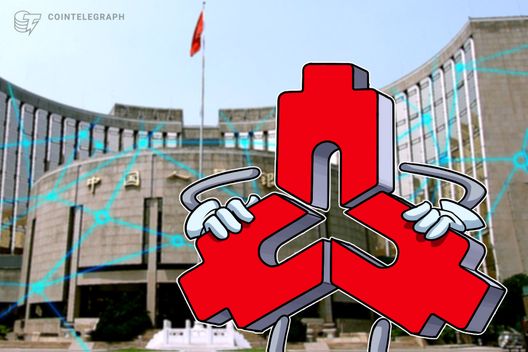Bipartisan bill to regulate DeFi, crypto security risks introduced into US Senate
The bill was introduced in the evening and has not been published yet, but it is already causing a stir. Crypto Twitter calls it a “nonstarter.”
196 Total views
26 Total shares

United States Sen. Jack Reed sponsored a bipartisan bill introduced into the Senate on July 18 that would tighten Know Your Customer (KYC) and Anti-Money Laundering (AML) regulations and sanctions requirements for decentralized finance (DeFi). According to a news release on Reed’s website, the bill is titled the Crypto-Asset National Security Enhancement and Enforcement (CANSEE) Act.
The bill would subject DeFi operations to the same requirements as “other financial companies, including centralized crypto trading platforms, casinos, and even pawn shops.” The bill would make “anyone who controls that project” liable for the use of the DeFi service by sanctioned persons. Furthermore:
“If nobody controls a DeFi service, then — as a backstop — anyone who invests more than $25 million in developing the project will be responsible for these obligations.”
The bill would also “modernize” Treasury Department AML powers by extending them beyond the traditional financial system. According to the statement:
“As new technologies like cryptocurrency increasingly enable new ways to conduct financial transactions, it is critical to extend Treasury’s authority to crack down on illicit financial activity that may occur outside the banking sector.”
The bill also set new requirements for operators of crypto kiosks (or ATMs) to prevent their use in money laundering. Kiosk operators would be required to verify the identities of both counterparties in a transaction.
Related: Centralized exchanges will become gateways for DeFi — dYdX Foundation CEO
The bill has not been published at the time of writing. A member of Reed’s staff contacted by Cointelegraph could not say when the bill would be published. A text purporting to be the draft bill has been posted on GitHub.
Case in point:
The definition of “control” is so broadly worded that it’s meaningless. No thresholds, no specifics, just “control,” as determined by the Secretary of the Treasury. Completely and utterly unworkable.https://t.co/rVk26MJwfA
— Meat (,) (@MeatEsq) July 19, 2023
Crypto Twitter has wasted no time in condemning the bill. One commenter called it “an existential threat to DeFi” and a “nonstarter.” Another said that “imposing control responsibility for a $25mm investment is going to chill VC investment into DeFi b/c passive tokenholding does NOT equal control.”
Sens. Mike Rounds, Mark Warner and Mitt Romney are cosponsors of the bill. Reed and Warner were cosponsors of a bill introduced by Sen. Elizabeth Warren — the Digital Asset Sanctions Compliance Enhancement Act — in March 2022.
Magazine: US enforcement agencies are turning up the heat on crypto-related crime









